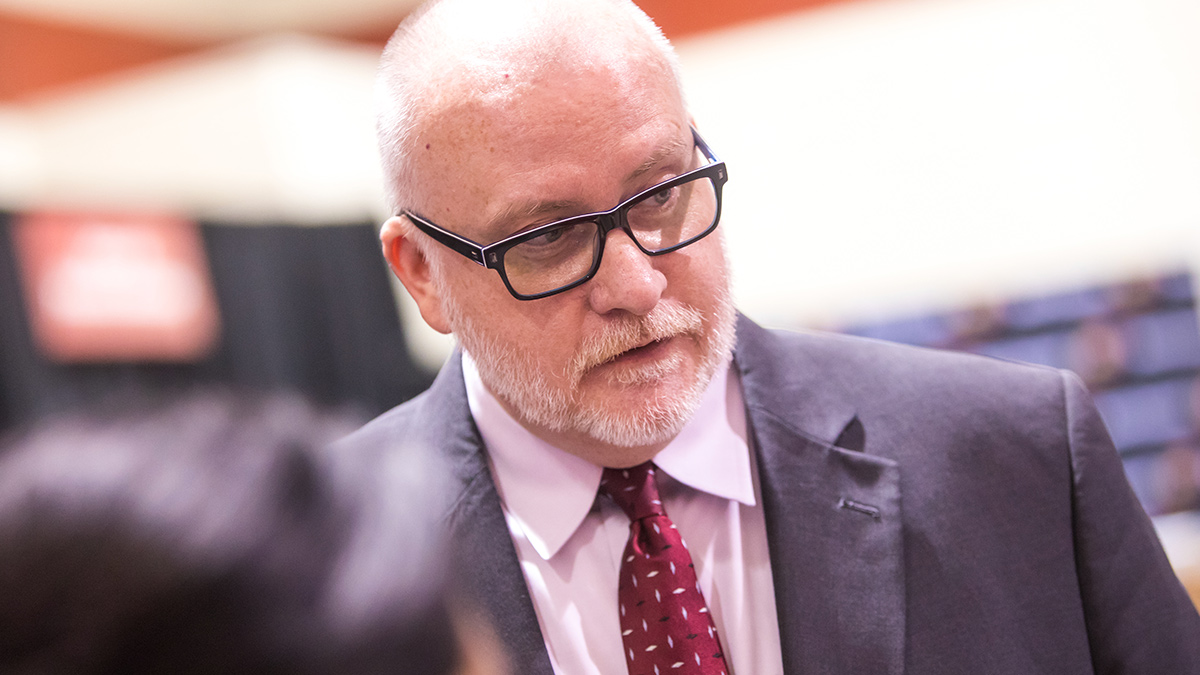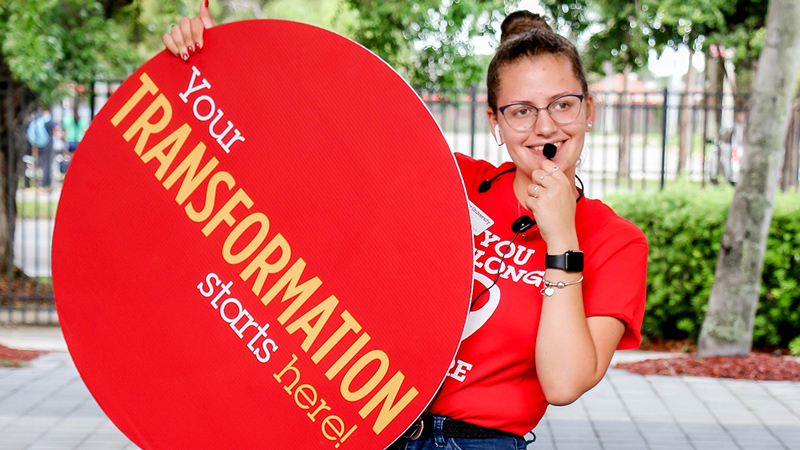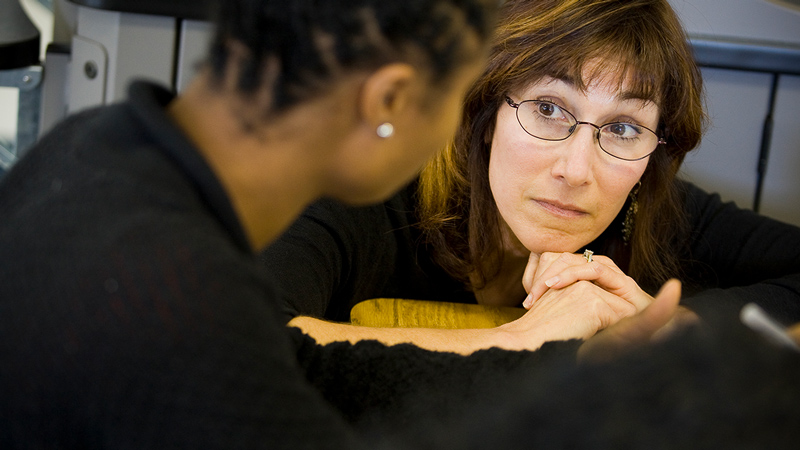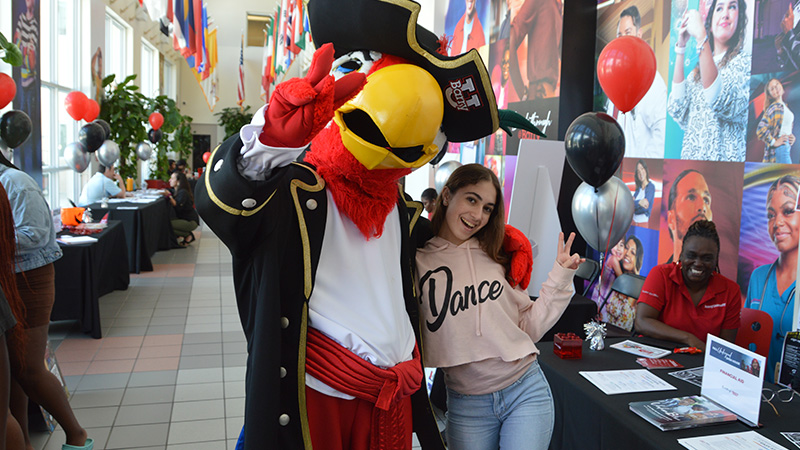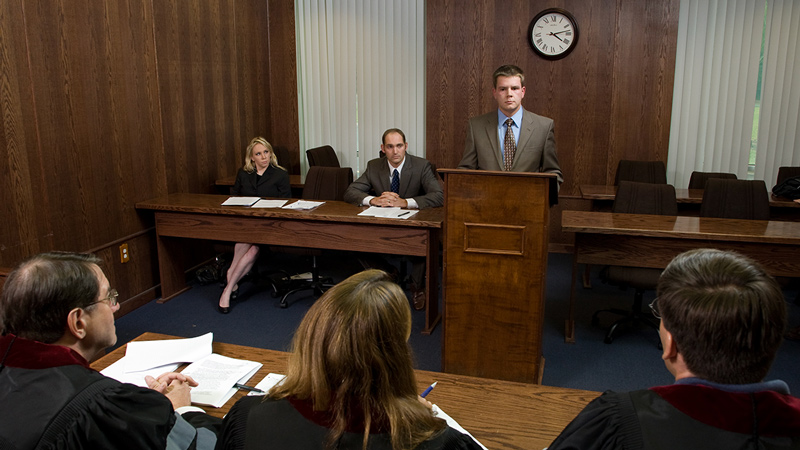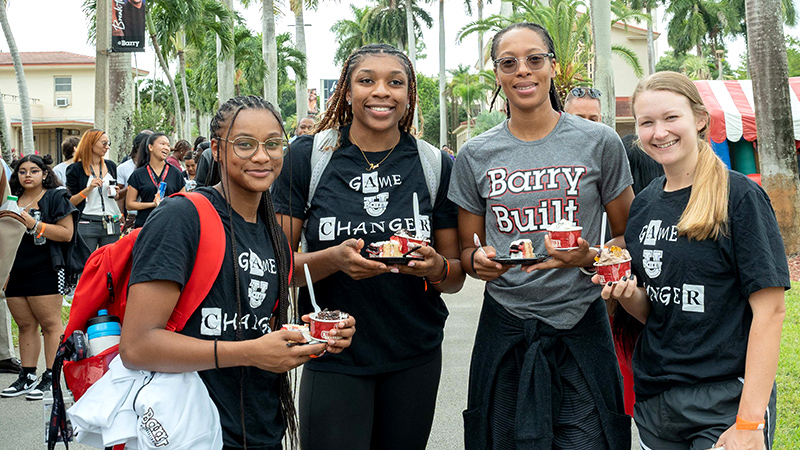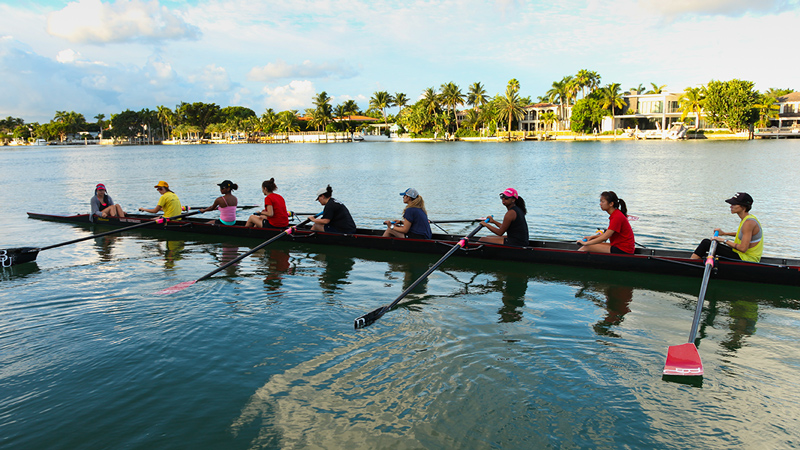Examines Montessori philosophy, theory, teaching strategies, rationale, and basic methodology for the materials in the areas of the curriculum.
Course Descriptions
Montessori Teacher Education Programs
Montessori Teacher Education Programs Course Descriptions
Core Courses
-
-
Introduces students to the philosophy and rationale for everyday living and sensory-motor curriculum areas. Students learn how to design and maintain developmentally appropriate activities in those two areas for the young child.
-
Examines how a child develops linguistic skills and presents strategies for facilitating development in a holistic foundation for the understanding of quantity and the development of number sense through specially-designed hands-on materials sequenced to correspond with the child's development.
-
Explores the philosophy, theory, and strategies of the Montessori approach to early childhood and elementary education. The course is designed to provide a background for understanding the sequence of normal human development, the study and practice of objective observation, and its use as an assessment tool for educational planning.
-
This course examines Dr. Maria Montessori's life and philosophy, specifically how they apply to the adolescent child's intellectual, social-emotional, psychological and personal development, inclusive of the correlation to current research and evidence-based practices.
-
Includes a comprehensive approach to a whole language arts curriculum through the use of imaginative, multisensorial, manipulative materials in sequential lessons. The course consists of a comprehensive approach to literacy development including listening, speaking, reading, creative writing, grammar, sentence analysis, the history of language and research skills.
-
Students will study the biological, social-emotional and cognitive developmental stages during the adolescent period (ages 12 to 18). With a focus on Montessori philosophy, the course will focus on the transitions occurring within these domain areas and on developmentally relevant influences and issues such as peers, family, identity, autonomy, sexuality, school, achievement and adjustment.
-
Includes the teaching of history, physical and cultural geography, fine arts, and the performance arts (drama, music, and movement/dance). Emphasis is placed on the role of the related arts in the development of the young child and how activities in these areas can be incorporated into the day's schedule.
-
This course will focus on providing students an opportunity to analyze, plan, design and evaluate developmentally appropriate curriculum. Additionally, students will gain a deeper understanding of the Montessori secondary core curriculum and its practices.
-
This course will consider the role of teacher as facilitator and model in creating a positive classroom environment for the purpose of effective interactions with adolescents and their families. Students will examine policies, practices, and strategies in schools for the purpose of building community and effective group dynamics.
-
Includes the teaching of the fine arts and the performance arts (art, music, movement/dance). Emphasis is placed on the role of the related arts in the development of the young child and how these can be integrated into the daily curriculum. The course includes cultural studies (history and geography) and explores ways of broadening one's horizons in physical and life sciences (botany, zoology, earth science and physical science) while nurturing a sense of wonder and spirit of inquiry inherent in each student.
-
Examines methods to initiate children in the skills for observing, identifying, classifying, and organizing information concerning plants, animals and humans and understanding their life functions. Health education, physical and outdoor education, and conservation are included in the interdisciplinary course.
-
Introduces beginning concepts of geography, history and physical sciences through hands-on materials, experiments, and stories. The course seeks to awaken a sense of wonder and an appreciation of the earth's history through the time line of life and the role of humans in the evolution of life through the timeline of people.
-
Mathematics is approached as a problem-solving activity using hands-on materials to develop mathematical reasoning, number sense, and operation sense. Course includes a brief history of mathematics and a look at the mathematical nature of the child's mind.
-
Continues the methods of teaching basic mathematical concepts and topics such as factors, multiples, fractions, and algebra with concrete materials. Demonstrates techniques for bridging the passage of mathematical computation from the concrete to the abstract.
-
Presents a variety of ways of integrating music, drama, dance and the visual arts into the daily curriculum. Explores strategies for strengthening literacy skills of the older elementary child with special emphasis on grammar, literature and reading in the content area.
-
Designed for the Montessori Specialist Degree candidate with specialization in Elementary Education, the course presents an integrated view of philosophy, instructional strategies and the didactic apparatus used in the early childhood (ages 3 to 6 years) prepared environment. Special attention is given to how a young child learns through observation, through the use of concrete objects, and through movement.
-
Designed for the Montessori Specialist Degree candidate with a specialization in Preprimary Education, the course gives a synthesis of the Montessori curriculum for children ages 6 to 12 years. Key experiences will be highlighted in each of the academic areas with the aim of understanding how the curriculum is designed to meet the developmental needs of the school age child.
-
EDM 649 Classroom Leadership for Montessori Early Childhood Teachers (3) Classroom Leadership for Montessori Early Childhood Teachers equips students with the necessary knowledge and skills in classroom management, record-¬keeping, curriculum and environmental design, and human relationship skills to successfully implement the Montessori approach in the Early Childhood (2.5–6 years) classroom, and interpret classroom observations to the public.
-
650 Classroom Leadership for Montessori Elementary Teachers (3) Classroom Leadership for Montessori Elementary Teachers equips students with the necessary knowledge and skills in classroom management, record-¬keeping, curriculum and environmental design, and human relationship skills to successfully implement the Montessori approach in the Elementary (6–12 years) classroom, and interpret classroom observations to the public.
-
Student teacher applies Montessori instructional strategies in implementing early childhood curriculum with supervision by a certified Montessori teacher. Student is visited three times during the semester. One on one consultation is given by University instructor during these visits.
-
Continues the application of Montessori curriculum and instructional strategies with assistance from a certified Montessori teacher and a University professor
-
Involves the implementation of the Montessori elementary curriculum in an approved site. Montessori elementary certified teacher and a University advisor. Student is visited three times during the semester. One on one consultation is given by University instructor during these visits.
-
Continues the implementation of the Montessori elementary curriculum with consultation with a University advisor.
-
Applies the Montessori philosophy and method in implementing the Montessori Secondary I-II curriculum. The field-based experience is supervised by a site supervisor and a University instructor. Prerequisite: Completion of all certificate coursework.
-
Continues the application of Montessori curriculum and instruction techniques at the secondary level under the supervision of a Montessori-certified teacher and a University advisor. Prerequisite: Completion of all certificate coursework.


